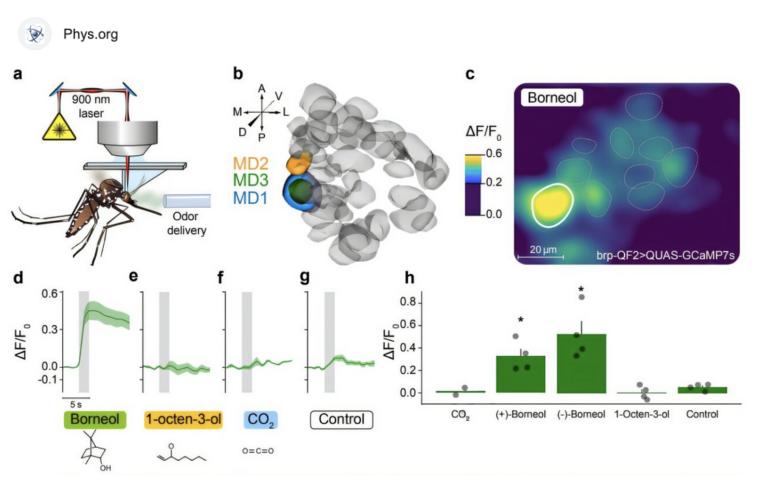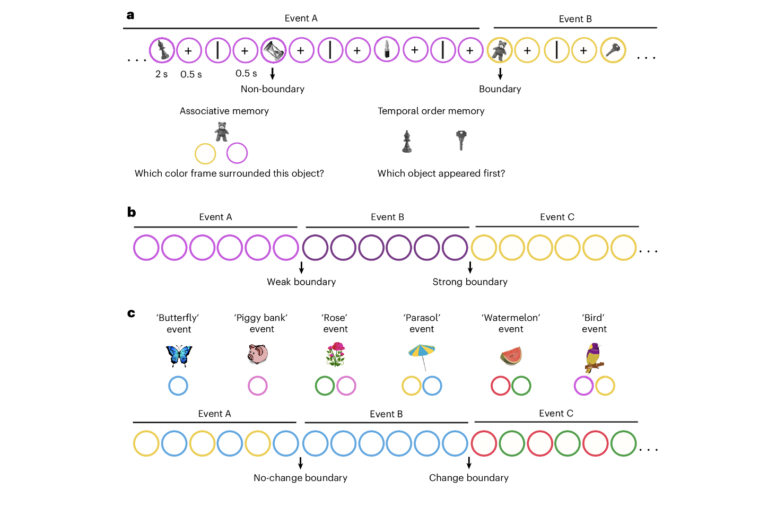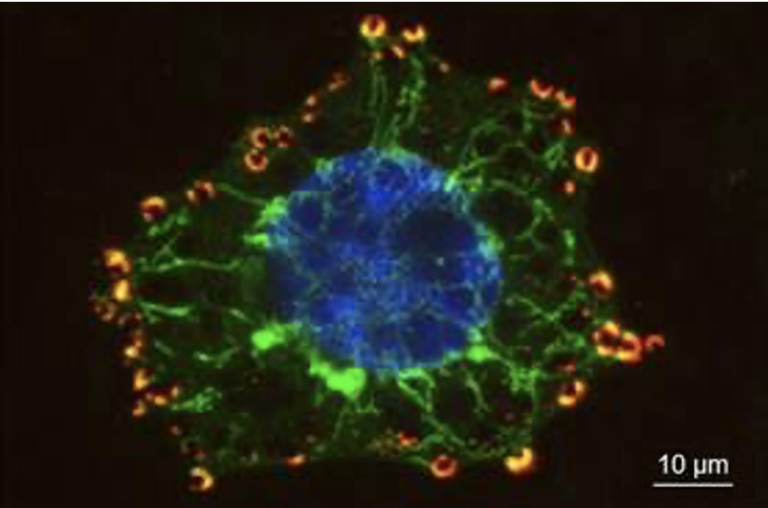Vaccination : l'université de Haïfa préconise de mieux communiquer pour lever les réticences des parents

[:fr]Le refus de faire vacciner ses enfants fait souvent la Une des manchettes et inquiète les autorités sanitaires et les médecins. Une nouvelle étude menée par le Dr Anat Gesser-Edelsburg, Yaffa Dr Shir-Raz et le Pr Manfred S. Green à l’Université de Haïfa, suggère que même les parents qui ne sont pas « anti vaccins » et qui se conforment aux programmes de vaccination, sont susceptibles d‘hésiter ou de refuser de faire vacciner leurs enfants selon la mauvaise communication du prestataire de soins de santé, et d’indications insuffisantes sur la sécurité du vaccin.
Cette étude fait suite au constat du refus ou de l’hésitation des parents de faire vacciner leurs enfants, après l’apparition de la poliomyélite en Israël en 2013. Bien qu’aucun cas clinique de poliomyélite paralytique n’ait été enregistré lors de l’épidémie, le ministère israélien de la Santé a lancé une campagne pour vacciner les enfants de moins de 10 ans, déjà protégés par le vaccin antipoliomyélitique inactivé (VPI), avec un vaccin antipoliomyélitique oral bivalent (VPO) destiné à protéger les personnes non vaccinées.
L’étude s’appuie sur les résultats d’un questionnaire et l’analyse du contenu des discussions des parents sur les blogs, les sites Internet, et Facebook. Malgré le taux élevé d’enfants vaccinés durant la campagne, les résultats de l’étude indiquent que, pour la première fois, les parents qui ne sont pas « anti-vaccins » et qui respectent généralement les programmes de vaccination de routine, hésitent ou même refusent de faire vacciner leurs enfants. Un tiers des parents interrogés, qui ont refusé ou hésitaient à faire vacciner leurs enfants, a indiqué que la sécurité du vaccin les inquiétaient, et qu’ils n’ont pas été convaincus par les informations communiquées par le ministère de la Santé, ou les raisons pour lesquelles ce vaccin était nécessaire.
Publication dans the Journal of Risk Research[:en]The issue of vaccination hesitancy and refusal often makes headlines in the media and worries health authorities. However, a new study by Dr. Anat Gesser-Edelsburg, Dr. Yaffa Shir-Raz and Prof. Manfred S. Green from University of Haifa, School of Public Health, published in the Journal of Risk Research suggests that even parents who are not « vaccine refusers » and who usually comply with the routine vaccination programs may hesitate or refuse to vaccinate their children based on poor communication from the relevant healthcare provider, as well as concerns about the safety of the vaccine. The study examines parents’ refusal or hesitancy to vaccinate their children following the 2013 polio outbreak in Israel. While no clinical cases of paralytic polio were recorded during the outbreak, the Israeli Health Ministry launched a campaign to immunize children under the age of 10, who were already protected with the standard inactivated polio vaccine (IPV), with a bivalent oral polio vaccine (OPV) designed to protect others who were not already vaccinated against the disease.
The study draws on results from a questionnaire survey, and content analysis of parents’ discussions in blogs, Internet sites, and Facebook. Although the rate of children vaccinated during the campaign was high, the study’s findings indicate that for the first time, parents who are not « Vaccine refusers » and who usually comply with the routine vaccination programs hesitated or even refused to vaccinate their children. One Third of parents surveyed, who refused or were hesitant to vaccinate their children, reported that the safety of the vaccine was a concern, and that they were not convinced by the information communicated by the Health Ministry, or the explanation of why this vaccine was necessary.
Over a third of all respondents strongly disagreed that the Health Ministry had provided comprehensive and clear information about the reasons for giving children the vaccine, and almost 28% of parents who vaccinated their children indicated that they did not actually understand that the purpose of the vaccine was not to protect their own child.
The researchers went on to suggest that, in the long term, the perceived ambiguity in communications could create mistrust in the health care system. The theme of distrus in the medical establishment recurred in the analysis of 35 respondents who had refused or were hesitant about vaccinating their child.
This case emphasizes the importance of transparency and credibility in health communication. For example, The Health Ministry claimed that the OPV vaccine had ‘zero side effects’. Findings indicated that claiming there is no risk whatsoever was interpreted as neither respecting the public or credible. The researchers recommend that in future instances the risk-communicating organizations should expose the dilemmas, communicate facts, and ‘talk science’ even to laypeople, especially in conditions of uncertainty: the communicators must educate the public and include it, and not speak in all-or-nothing slogans’.[:]







